Question And Answer
Publications
Articles, publications, books, tools and multimedia features from the U.S. Institute of Peace provide the latest news, analysis, research findings, practitioner guides and reports, all related to the conflict zones and issues that are at the center of the Institute’s work to prevent and reduce violent conflict.
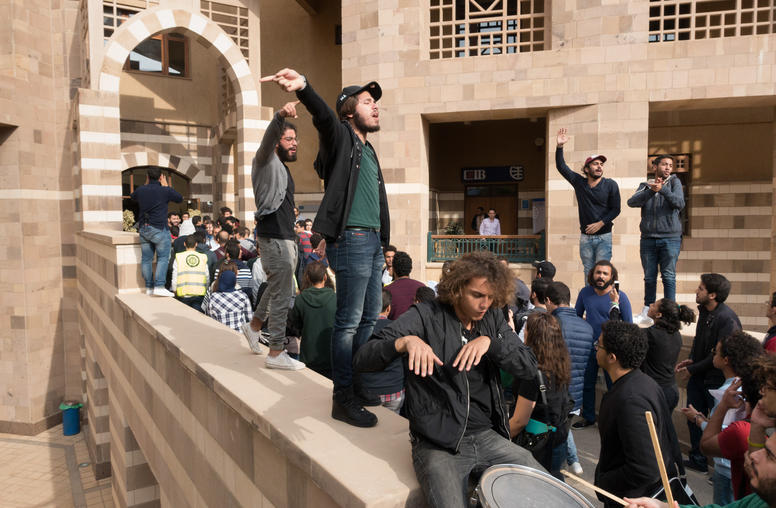
The U.S. Should Not Just Watch North Africa Slip into Chaos
Curbing US involvement abroad was a signal campaign promise of the new US administration. Anything that smacked of nation-building drew the sharpest criticism. The appeal to many voters of such disengagement is understandable and the view is woven into an evolving foreign policy.
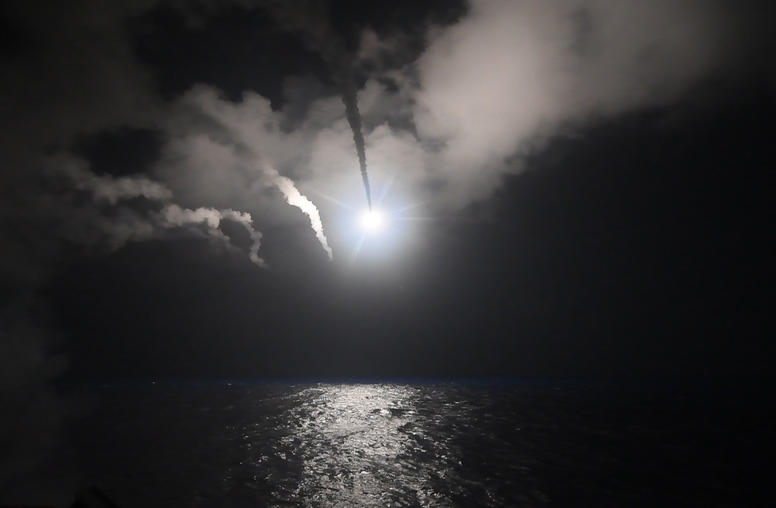
Q&A: Will U.S. Strikes on Syria Change Conflict’s Course?
The United States launched its first air strikes against forces backing Syrian President Bashar al-Assad since the country’s civil war began six years ago, in retaliation for a chemical-weapons attack that killed more than 80 civilian men, women and children. Elie Abouaoun, who is director of Middle East and North Africa programs at the U.S. Institute of Peace and is based in the region, examines the strategic implications, and USIP President Nancy Lindborg, who has worked for nearly 30 years on humanitarian crises and areas affected by conflict, comments on the factors that prompted the U.S. attack.
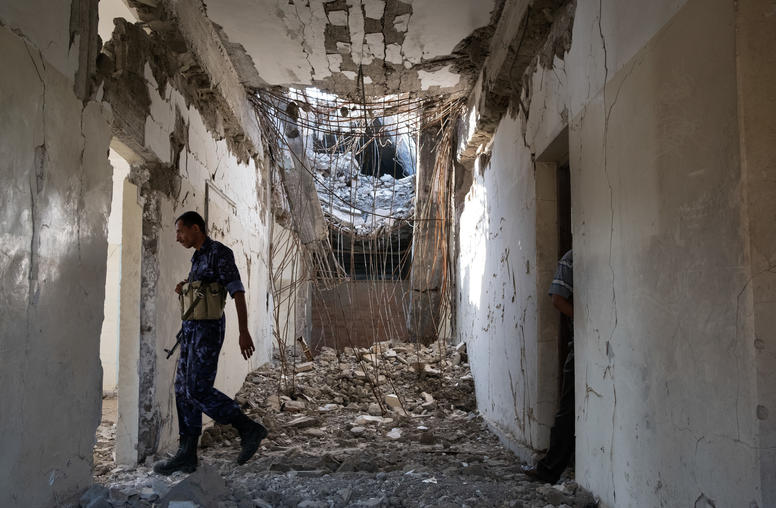
Beneath the Saudi-Iran Proxy War in Yemen, Part 1
Looking at the maneuvers by Iran and the Saudi-led coalition in Yemen from afar, the battlefield looks a lot like a black-and-white contest for regional power. But as the U.S. considers escalating its role in the conflict—and Secretary of Defense Jim Mattis visits Riyadh this week—it is essential to understand how local realities can get lost in a proxy war.
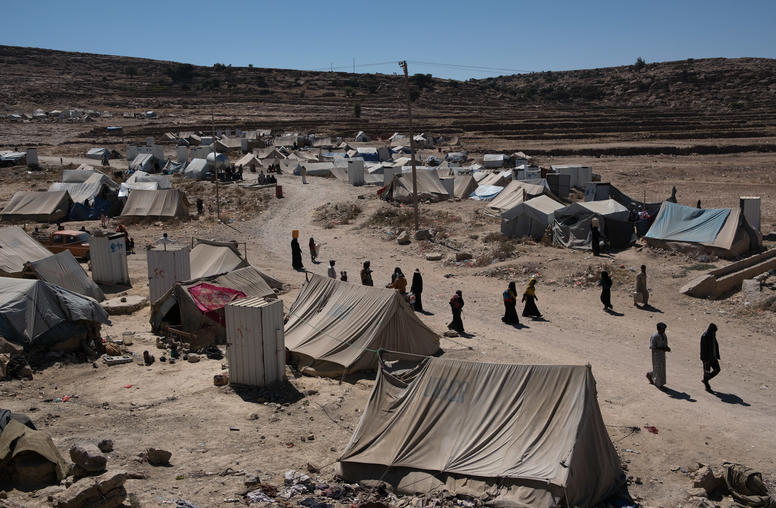
Beneath the Saudi-Iran Proxy War in Yemen, Part 2
The strategic clash between Saudi Arabia and Iran in Yemen masks multiple layers of conflict underneath that have deepened—and in some ways altered—the country’s fractures in local politics, society and security. The chaos has devastated Yemen, one of the world’s poorest countries, and has the potential to burst beyond the nation’s borders and further destabilize an already troubled region. It also allows the likes of the Islamic State (ISIS) and Al-Qaeda in the Arabian Peninsula (AQAP) to thrive.
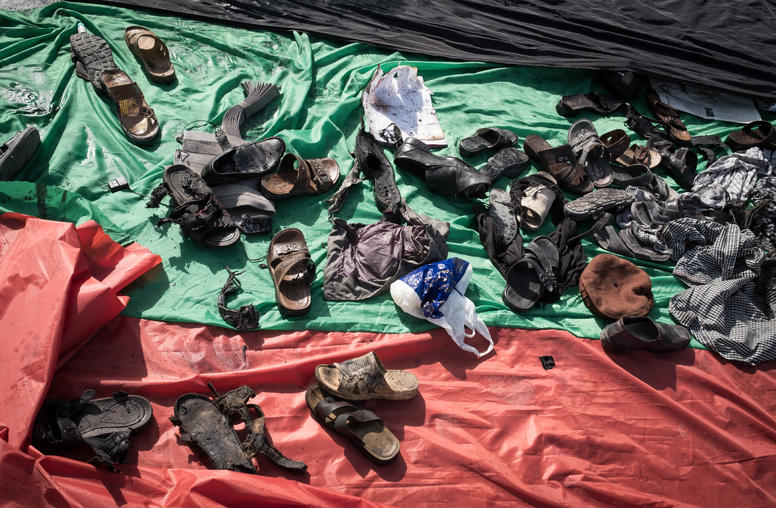
South Asia: Rising Extremism Opens Way for ISIS
Across South Asia, complex strains of extremism are opening the way for the Islamic State and destabilizing governments. From elements in the Afghan Taliban to the ascent of Hindu nationalism in India, extremists are drawing the region deeper into volatile internal and external conflicts, according to experts on religion and extremism speaking recently at the U.S. Institute of Peace. There are no quick ways to reverse the trend, they said. But steps that could slow radicalization include bolstering free speech, attacking terrorists’ financial networks and undermining the myth that a long-ago caliphate ruled over a perfect society.
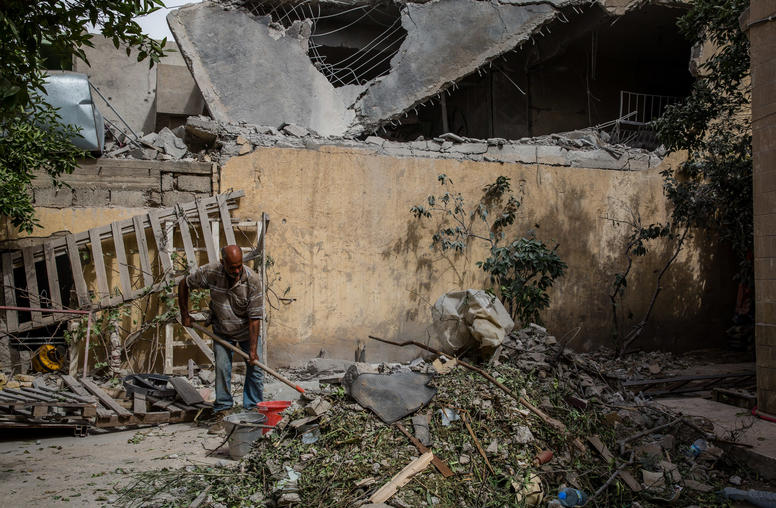
To Shut Iraq’s Door on ISIS, Use Local Peace Accords
As U.S.-backed Iraqi troops retake the last strongholds of the Islamic State in Iraq, the government in Baghdad and its international supporters must be ready to prevent a new round of conflicts in the country from turning violent, analysts said in a June 27 forum at the Heritage Foundation.
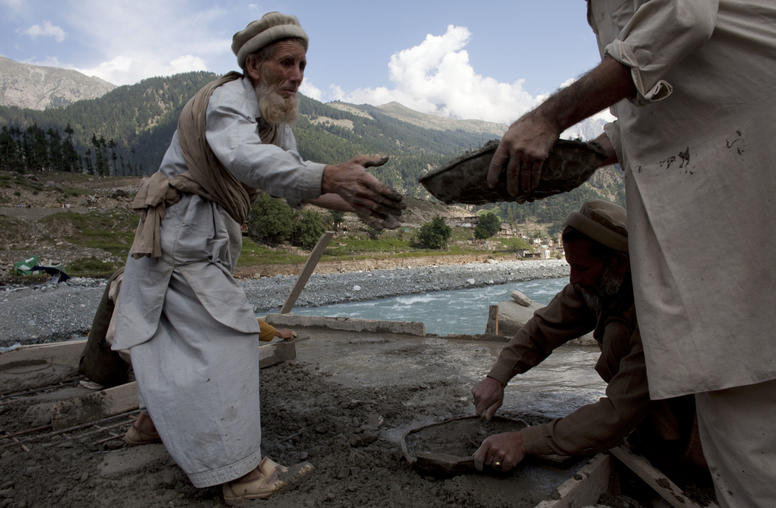
Can Pakistan Disaster-Prevention Tactic Apply to Politics Too?
In the past dozen years, Pakistan has been hit by eight earthquakes, including a magnitude 7.6 trembler that killed more than 86,000 people. The next quake in Pakistan is not a matter of if, but when. So the humanitarian community has focused on a game-changing idea known as resilience—taking actions...
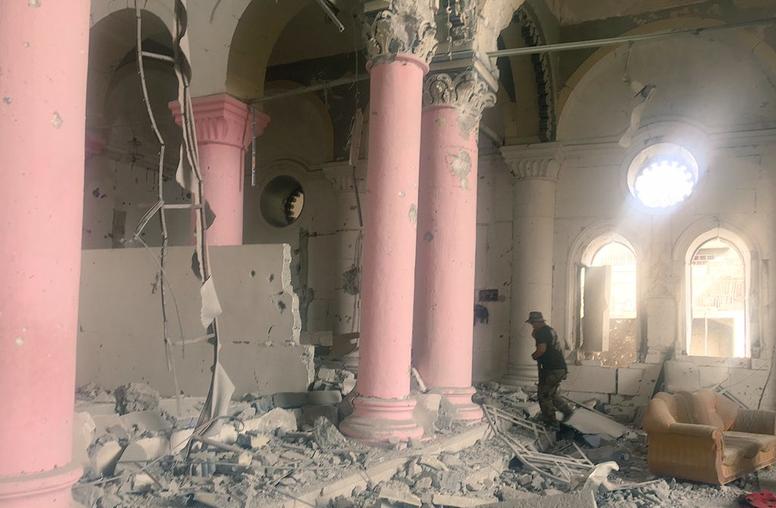
'U.S.-Light' in Iraq May Open Way for Russia, Iran
A failure by the international community to help rebuild Iraq will leave a vacuum that Russia, Iran or some new extremist group will seek to fill, warned the co-chairman of a working group in the Global Coalition to Defeat ISIS. In a recent discussion at the U.S. Institute of Peace, Ekkehard Brose agreed with the top U.S. State Department official on Iraq, Joseph Pennington, that Iraq must ultimately solve its own problems. But at this point, it can’t, Brose said.
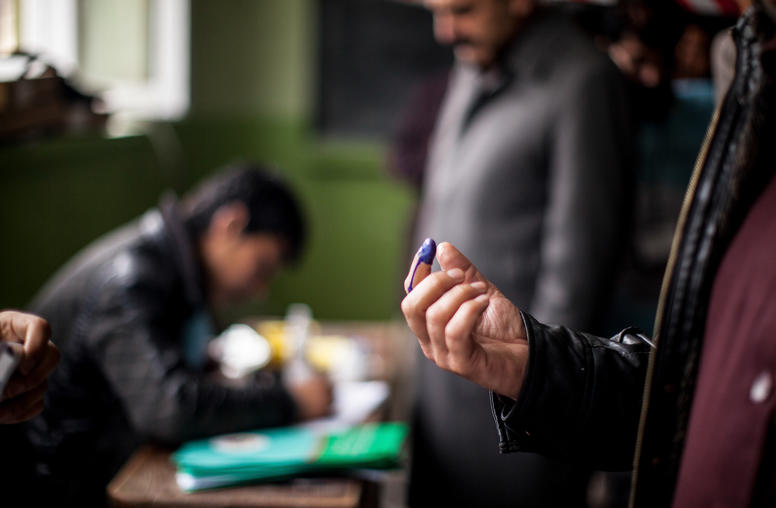
How to Build Out President Trump’s Afghan Plan?
President Trump’s blueprint for the U.S. role in Afghanistan broadly resembles that of prior administrations, correcting some previous errors while appearing likely to repeat others, USIP experts told journalists today.
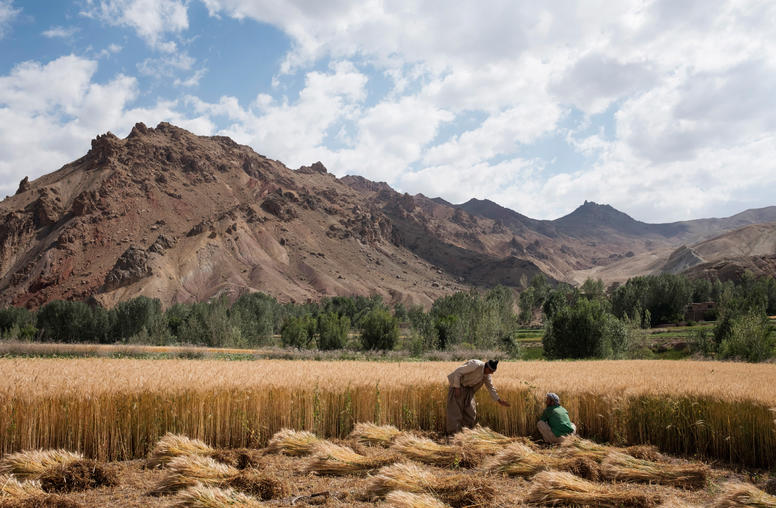
Troops, Reforms, Regional Role Define Afghanistan Plan
Along with military pressure to coax the Taliban into a peace process, the new U.S. plan for Afghanistan will support government reforms such as tackling corruption, economic development...